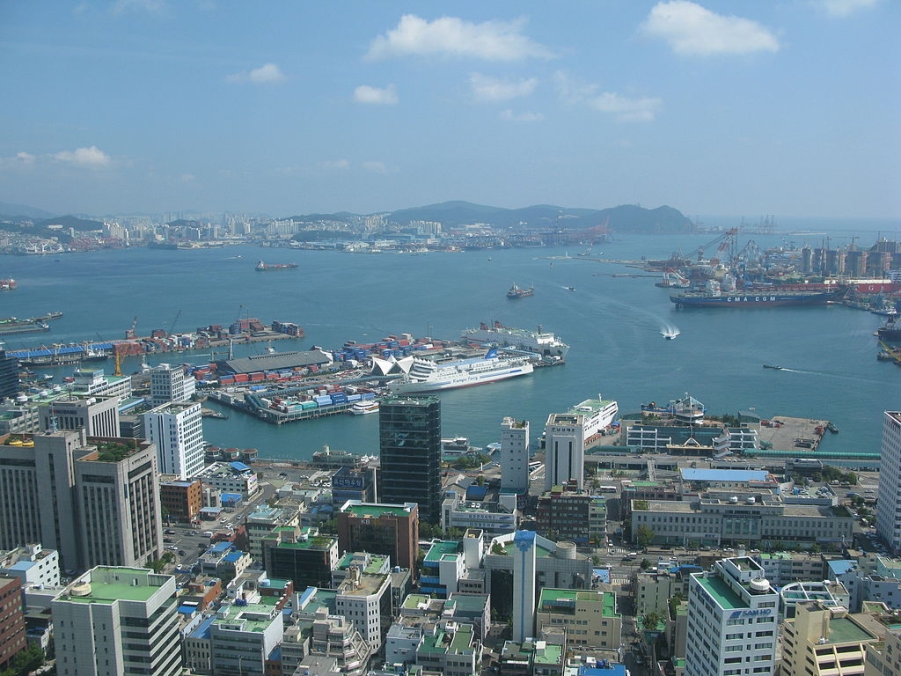
Korea stable enough to withstand higher nominal rates
Thanks to loose monetary condition and sustained global demand.
South Korea has nothing to worry about even as its central bank is expected to raise policy rates by 2018 as its economy is on strong enough footing to keep it relatively insulated from the economic shocks brought about by higher nominal rates, according to Natixis Asia research.
The country’s unprecedented level of economic expansion owes itself to a long history of investment in research and development and human capital as it counts big tech names like Samsung Electronics, Hyundai Motors and Kia Motors among its national portfolio.
Moreover, South Korea is expected to have a per capita GDP of US$31,800 by the end of this year – joining an elite group that includes European Union, Japan, United Kingdom, Germany, United States, Hong Kong and Singapore.
Natixis believes that the economy has the capacity to absorb the shock of higher nominal rates because of its loose monetary condition and low real interest rate.
Whilst policy rate is projected to rise to 1.75% by 2018, inflation is expected to be higher at 2.3% meaning that the real rates will still be negative.
Additionally, global demand will continue to drive growth into the economy with the non-tradable sectors expected to rally next year thanks to a looser fiscal stance and easing geopolitical tensions.
Photo from Henri Bergius - originally posted to Flickr as Busan harbour, CC BY-SA 2.0
























 Advertise
Advertise






